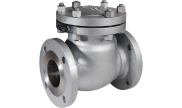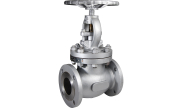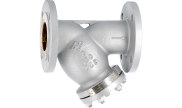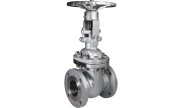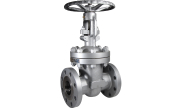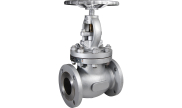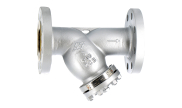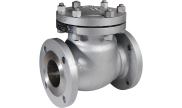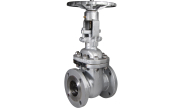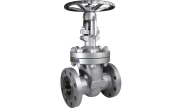Local Storage seems to be disabled in your browser.
For the best experience on our site, be sure to turn on Local Storage in your browser.
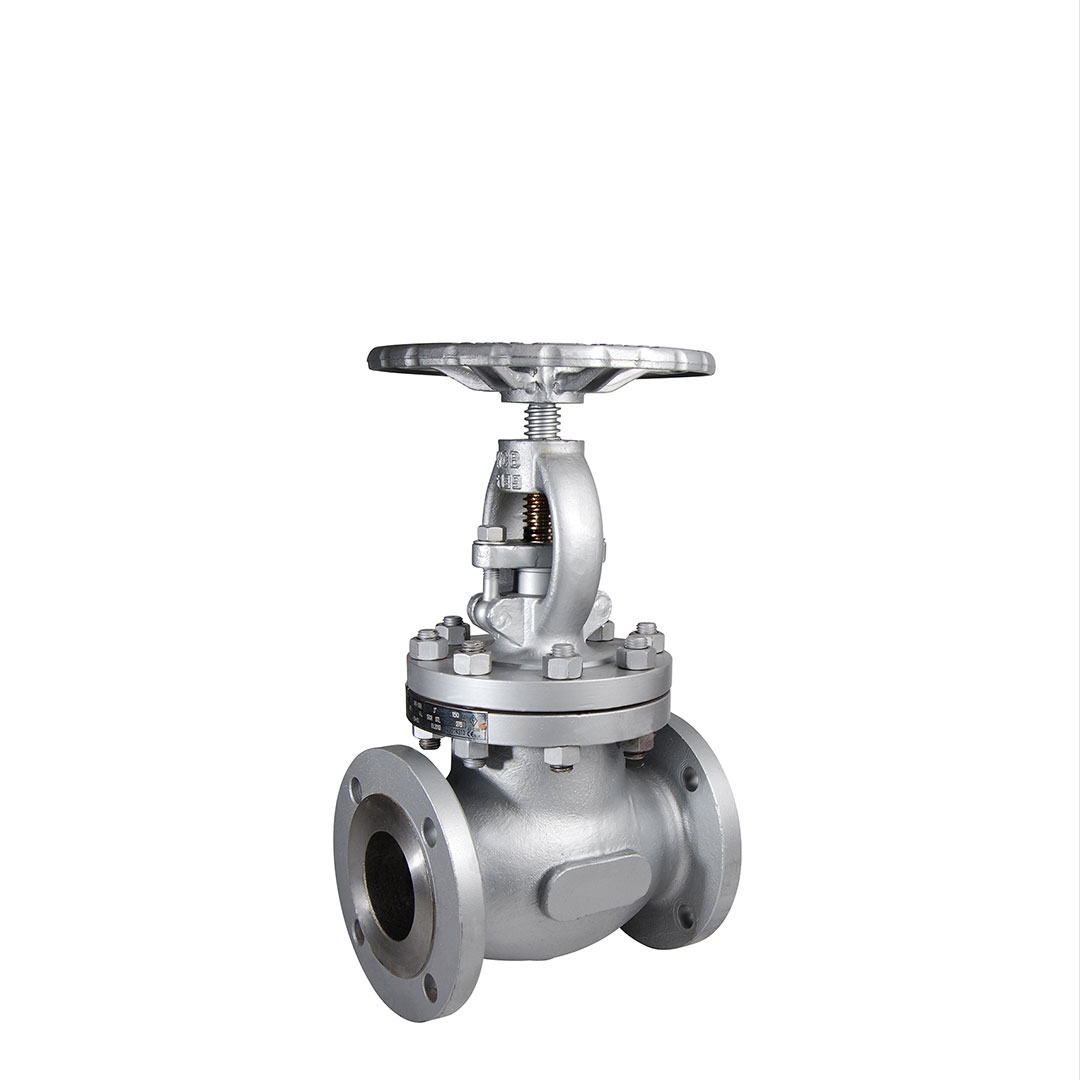
Cast steel valves
Forged valves and cast steel valves: high-quality valves
The manufacturing process is what sets cast steel valves apart from forged steel valves.
Casting a valve requires heating the metal until it becomes a liquid, which is then poured into a mold and left to cool. The resulting valve is removed from the mold and can come in various sizes and complex shapes due to the flexibility of the casting process.
In contrast, to create a forged valve, a metal or alloy is shaped and molded while in a solid state using appropriate tools and different temperatures depending on the material. This results in a one-piece valve that is extremely strong and resistant to cracks and retraction movements due to the refining of the metal grain and reduced porosity during the forging process. Forged valves are ideal for applications with high temperatures and pressures.
Cast steel valves: Syveco’s offer
Syveco also has a large selection of cast steel valves available: gate valves, globe valves, swing check valves, and Y-strainers. According to TRIM 8 or TRIM 5, our cast steel valves are fitted with RF ANSI 150 or ANSI 300 flanged connections, and are used in numerous specific applications:
- water distribution
- petroleum industry, petrochemical industry
- gas and gas oil circuits
- high pressure or high temperature systems
Forged valves: Syveco’s offer
Syveco offers a wide choice of forged valves, such as gate valves, globe valves, piston check valves, ball check valves, ball valves, needle valves, and Y-strainers.

